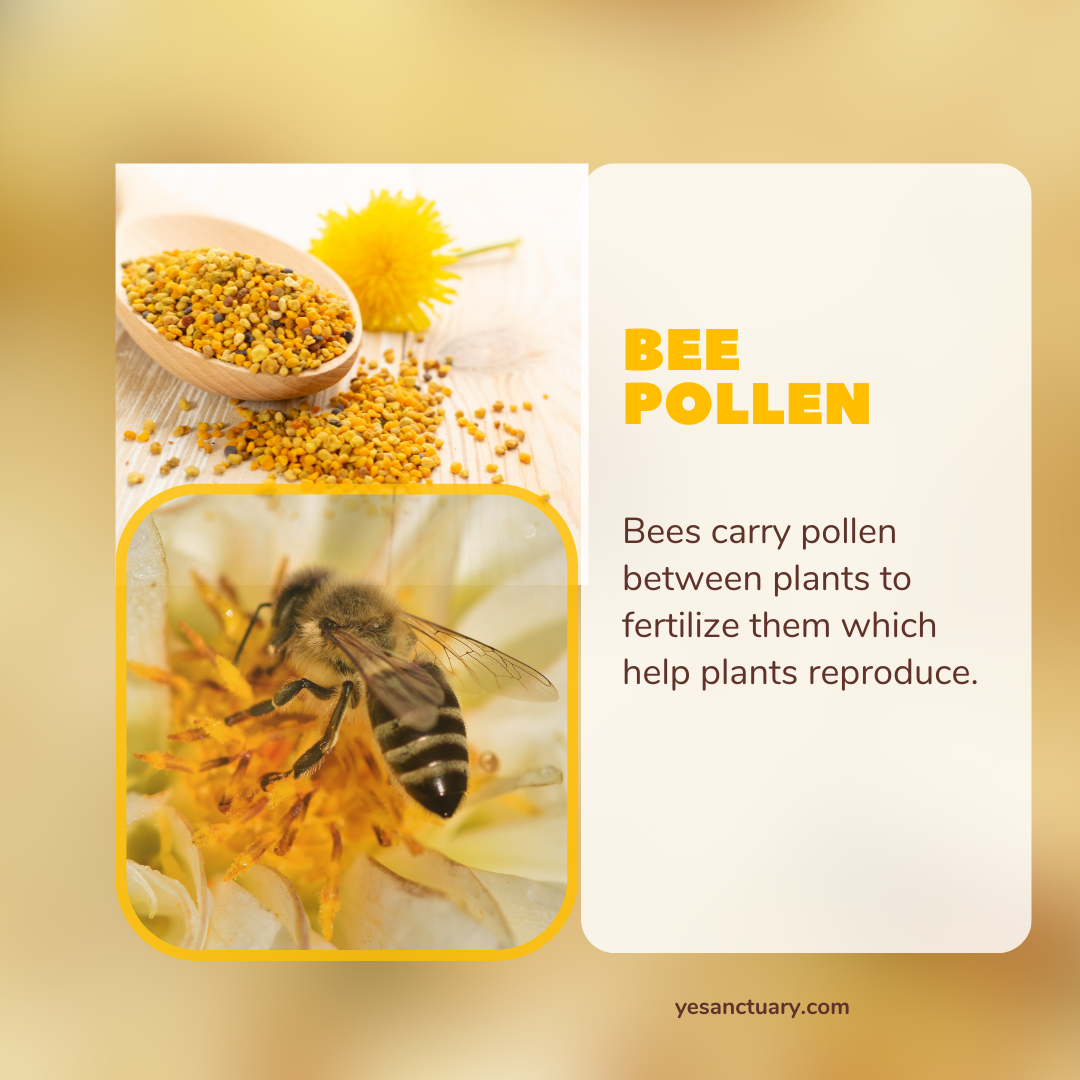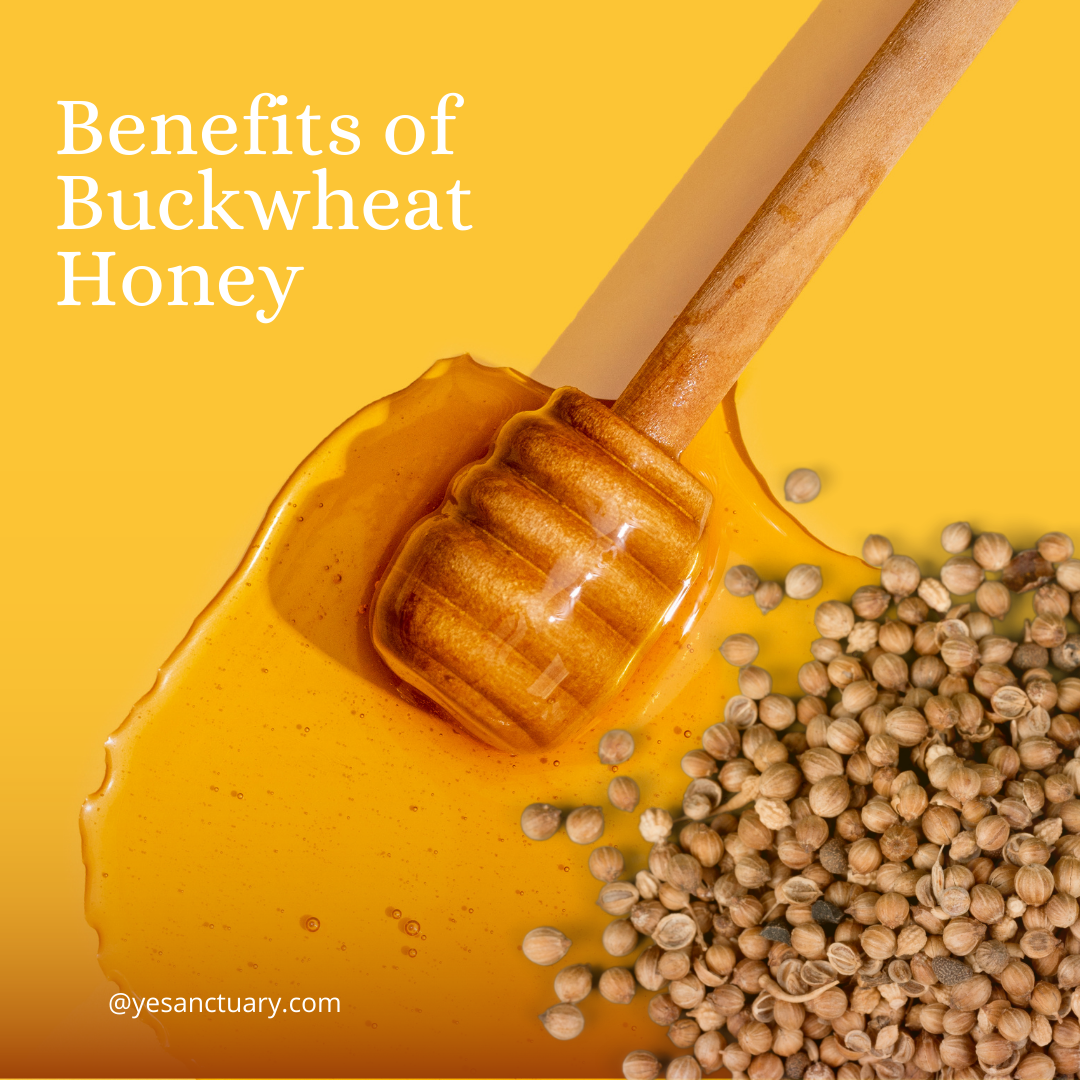Your shopping bag is empty
How Much Honey A Day Can You Take?
- Posted by: Enquiry Admin
- Comments: 0
- Categories: YES Blog
How Much Honey Should You Consume Daily for Optimal Health?
Introduction
Honey has been popular for centuries as a natural sweetener and medicinal remedy. It offers a wide range of health benefits, including antioxidant properties and potential antimicrobial effects. Also, it provides soothing properties for coughs and sore throats. However, while honey is a natural and nutritious food, it is also important to understand how much to consume for optimal health. In this article, we explore the recommended daily intake, its nutrition facts and its role as a natural antibiotic. We will also look at its compatibility with slow carb diets and weight loss efforts. Let's look into the world of honey and uncover how much is just right for you.
Understanding the Nutrition Facts
Honey is a natural sweetener primarily composed of fructose and glucose, with trace amounts of minerals and vitamins. The exact nutritional profile can vary based on factors such as floral source and processing methods. On average, one tablespoon (21 grams) contains approximately 64 calories and 17 grams of carbohydrates (including sugars). It also contains minimal amounts of protein and fat. It is important to note that it is a concentrated source of calories and you should take in moderation.
The Natural Antibiotic Properties
One of the remarkable characteristics is its potential antimicrobial properties. Certain types of honey, such as Manuka, can exhibit antibacterial activity due to the presence of hydrogen peroxide and other compounds. This makes honey a natural alternative to traditional antibiotics for mild respiratory and skin infections. However, it is crucial to consult a healthcare professional before substituting it for prescribed medications.
Honey and Slow Carb Diets
Slow carb diets emphasize consuming carbohydrates with a low glycemic index (GI). This is to help regulate blood sugar levels and support weight loss efforts. While honey is a natural sweetener, it has a moderate to high GI, meaning it can raise blood sugar levels more rapidly than low GI foods. Therefore, individuals following a slow carb diet should be careful when adding honey into their meal plans. It is good to consume honey in small portions and pair it with protein, fiber, and healthy fats to reduce the impact on blood sugar levels.
Honey and Weight Loss
When it comes to weight loss, moderation is key. While honey can be part of a balanced diet, it is important to consider its calorie content. Excessive intake of honey, like any other calorie-dense food, can contribute to weight gain if it exceeds your daily energy needs. If you are aiming for weight loss, it is recommended to include honey mindfully into your meal plan. You have to keep track of your overall calorie intake and making sure it fits within your dietary goals.
Determining the Right Amount of Honey to Consume
The appropriate daily intake of honey can vary depending on individual factors such as age, health status, and dietary preferences. As a general guideline, the American Heart Association recommends limiting added sugars. This is including honey, to no more than 6 teaspoons (25 grams) per day for women and 9 teaspoons (38 grams) per day for men. This includes honey used in cooking, baking, and as a sweetener for drinks.
It is important to remember that it should be consumed in the context of a well-rounded and balanced diet. It is best to obtain most of your essential nutrients from whole foods such as fruits, vegetables, whole grains, lean proteins, and healthy fats. Honey can be enjoyed as a natural sweetener in moderation while considering its calorie content and overall dietary needs.
Conclusion
Honey, with its natural sweetness and potential health benefits, can be a great addition to your diet. However, it is important to consume it in moderation, considering its nutrition facts, potential as a natural antibiotic, and its compatibility with specific dietary plans such as slow carb diets and weight loss efforts. By understanding the recommended daily intake of honey and adding it mindfully into your diet, you can enjoy its natural goodness while maintaining a balanced and healthy lifestyle.













LEAVE A REPLY
Your email address will not be published. Required fields are marked *